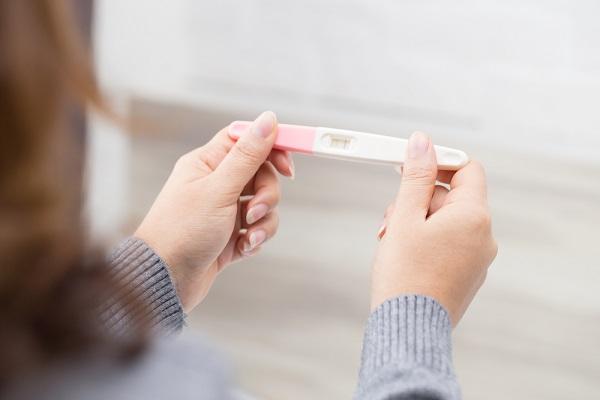Pregnancy can be a total minefield; and given that every mother’s experience is completely different to another’s, it’s important to be armed with as much information as possible. While rare, ectopic pregnancy is one of those topics that every woman needs to be aware of.
What is an ectopic pregnancy?
A typical pregnancy will play out as follows: the ovary releases an egg into the fallopian tube, where it will remain for about 24 hours. The egg is then fertilised by the sperm, and will remain in the tube for about four days. The fertilised egg will then transfer to the uterus and latch onto the lining, where it will grow into a baby and remain until birth.
An ectopic pregnancy arises where the fertilised egg remains in the fallopian tube or elsewhere in the abdomen (typically, the cervix or ovaries), and grows there instead.
Symptoms:
Abdominal pain
Heavy cramping
Pain while urinating
Light-headedness
Fainting
Vomiting
Fatigue
Nausea
Heavy bleeding (in cases where the fallopian tube has ruptured)
What causes ectopic pregnancy?
While there is no definite known cause, experts believe it mostly relates back to damage to the fallopian tubes. This can be caused by conditions such as pelvic inflammatory disease and sexually transmitted infections.
Various studies have also linked smoking with a higher risk of ectopic pregnancy, with researchers believing that harmful chemicals in cigarettes affect the bloodstream, causing tubal blockages.
How is an ectopic pregnancy diagnosed?
Ectopic pregnancy is a life-threatening condition that often requires emergency treatment.
As a rule, if you ever experience unexpected bleeding from your vagina or rectum, you should always contact your doctor. If heavy vaginal bleeding is accompanied by the above symptoms, seek medical help immediately.
There are three main modes of detection of an ectopic pregnancy: a vaginal ultrasound scan, a laparoscopy (whereby a lighted tube is inserted into the body, to study the woman’s organs), and a measure of the levels of hCG (the hormone responsible for the normal development of the egg within the ovary).
What is the treatment for an ectopic pregnancy?
While there are some rare cases to the exception, for the most part, an ectopic pregnancy cannot be saved.
Treatment will typically depend on the age, size and stage of the pregnancy. Doctors will monitor your condition and then assess which mode of treatment is required.
Your doctor may prescribe a course of medication to stop the pregnancy growing.
Some women may undergo surgery to remove the pregnancy along with the affected fallopian tube. This is particularly serious where the fallopian tube has ruptured.
If you are ever concerned about your health, always contact your doctor or health practitioner.






